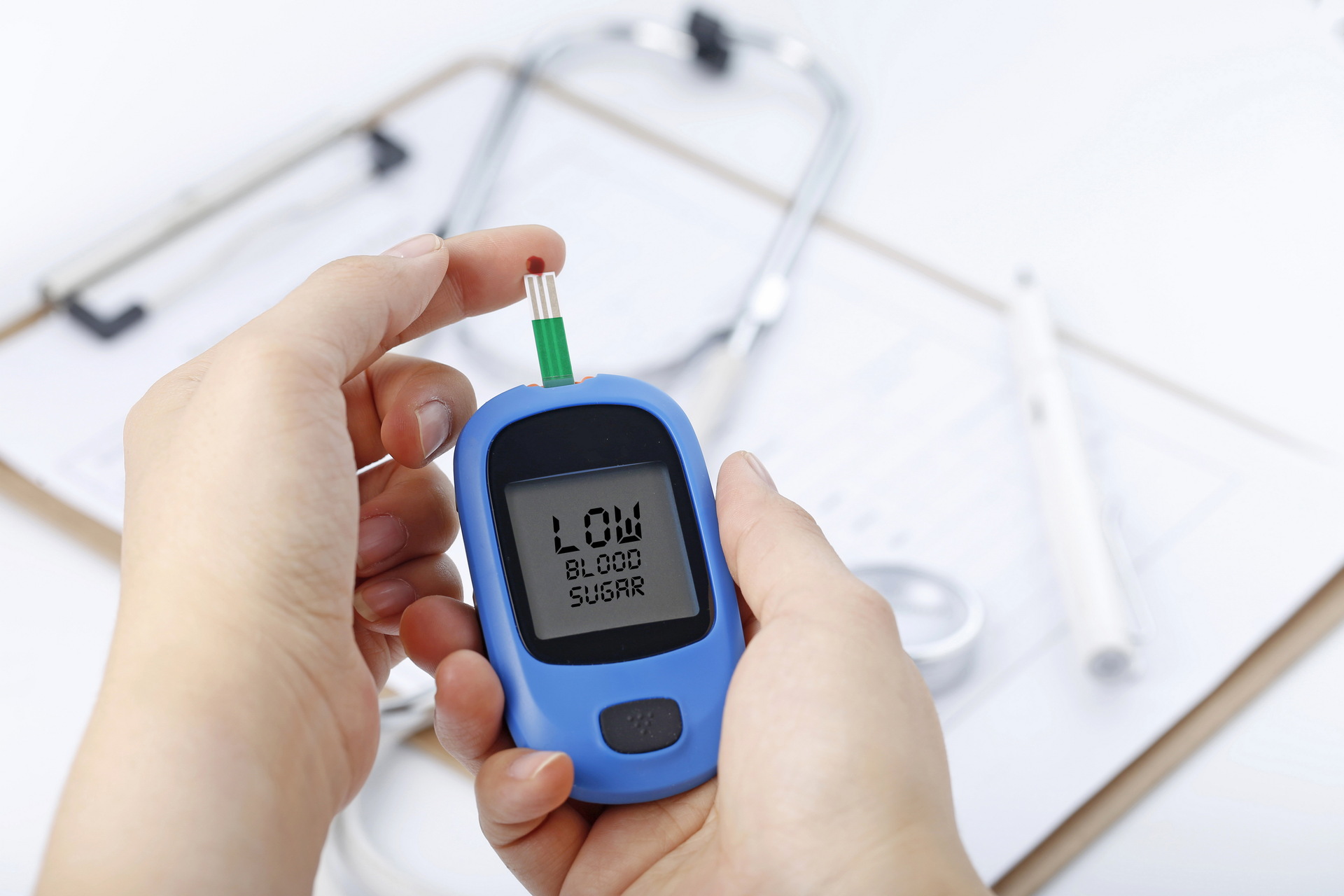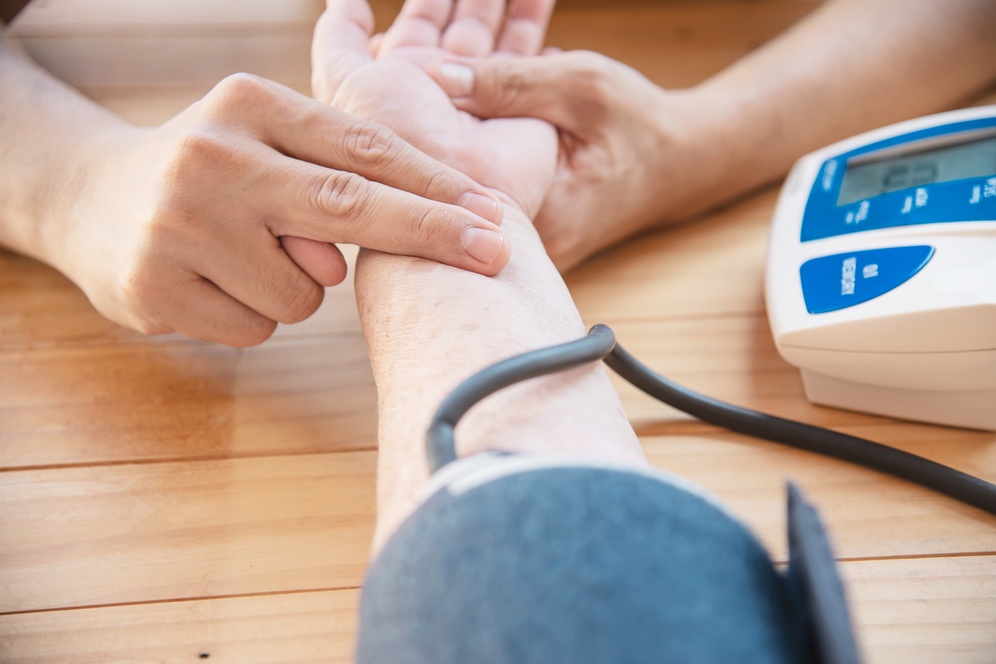Anemia


Anemia
Anemia is a blood disorder where patients suffer from the lack of healthy red blood cells, which are responsible to carry adequate oxygen to your body’s tissues. Anemia is also referred to as low hemoglobin and it can make the patient feel tired and weak. Other symptoms of Anemia include:
- Fatigue
- Pale or yellowish skin
- Irregular heartbeats
- Shortness of breath
- Dizziness or lightheadedness
- Chest pain
- Cold hands and feet
- Headaches
At Olive Health Care And Diagnostics, we are a team of highly experienced hematologists who can help patients get rid of this rare blood disorder. We do not follow the ‘template methodology’ for treating our patients, but each treatment plan is created with a complete diagnosis and analysis of the medical history of the patients. Treatment options that you can expect from our experts at Olive Health Care & Diagnostics may depend on the cause, ranging from taking supplements to having medical procedures.
Types Of Anemia We Can Treat?
Olive Health Care & Diagnostics’s team of professional healthcare specialists is on a mission to help patients with a focus on the comprehensive evaluation and management of various types of Anemia conditions, such as:
- Aplastic anemia
- Iron deficiency anemia
- Sickle cell anemia
- Thalassemia
- Vitamin deficiency anemia
Anemia Services
Being a leading anemia care center, Olive Health Care & Diagnostics is dedicated to providing patients with a staged approach to the evaluation and management of anemia by an expert team that comprises hematologists and advanced practice providers. Our specialists also partner with primary care physicians as an extension of care.
Our services include:
- Supplementary laboratory evaluation
- Bone marrow examination, if indicated
- Intravenous Iron
- ESA administration
- Transfusion
- Follow-up care for patients
We work alongside surgeons, gastroenterologists, gynecologists and other specialists to deliver a multidisciplinary, team-based approach to the treatment of anemia to improve each patient’s symptoms and quality of life while reducing morbidity, mortality, length of hospital stay and use of blood products.











